Ever since my first iPhone in 2011, I’ve been a great Apple fan. Over the years, I’ve owned most major releases of the iPhone. Although I always have an Android phone with me at every point in time as a secondary device, the iPhone has always been my primary device.
Apart from the iPhone, a MacBook Pro sits on my table; I have an iPad Pro for playing games and watching movies; you’re likely going to see me driving with AirPods sticking out of my ears; there’s a chance I would stream a movie later tonight in the sitting room through Apple TV. Whether you care to admit it or not, Apple is a brand that commands some sort of strong loyalty. This is why Apple fans are always referred to as iSheep.
Call me an iSheep if you want, I’ve gotten to a point in life where such words no longer bother me one bit. But I have to make it clear that even though I use Apple products and love(d) Apple as a company, I’ve always been a critic.
Apple has always been after the money
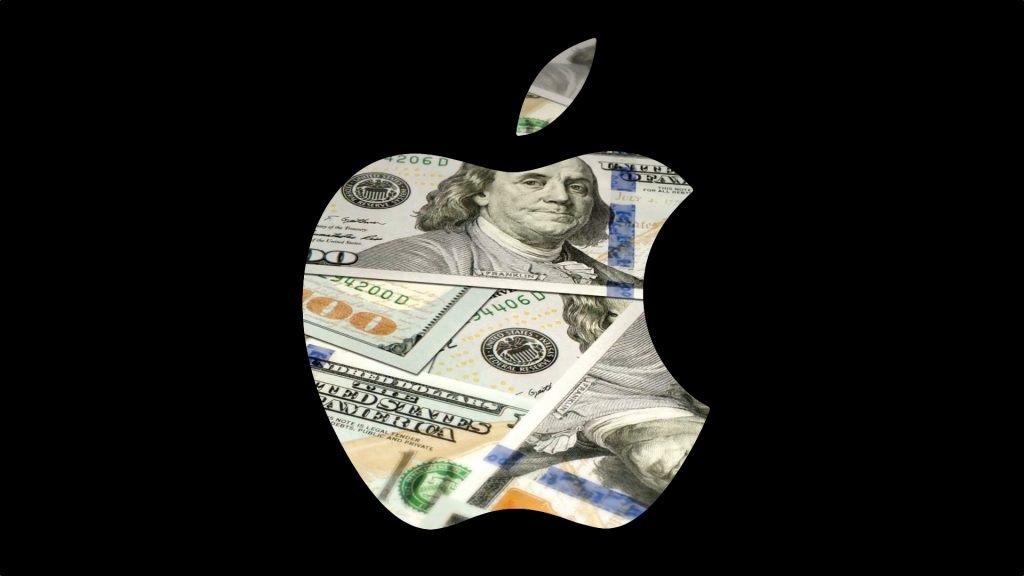
Apple devices are not cheap, but these guys still make huge sales year after year. To be honest, one of the things that tie most people down in the ecosystem is user experience and how the ecosystem works. I love the fluidity of iOS even with all its limitations. Ever since I no longer use Windows, I forgot about
With all these come exorbitant prices, creating a very huge profit margin for Apple. When Apple became a trillion-dollar company, something told me the overpriced gadgets I bought contributed to that trillion dollars.
When I reviewed the AirPods, I said it was good but a bit overpriced. The iPhone X I got last year didn’t feel like a $1,000 phone. I specifically said it shouldn’t have cost more than $800. I have a top-of-the-line MacBook Pro from 2017 and it handles everything well, but it sucks at gaming because it’s a freaking Mac.
Apple (arguably) makes
The secret developer meeting
In 2017, Apple reportedly invited about thirty developers to a secret meeting in New York. The meeting was strictly by invitation and Apple urged these developers to embrace subscription pricing model instead of offering their apps for a one-time fee.
The App Store remains a major source of income for Apple since it charges 30% for every transaction. With developers making users subscribe to use apps instead of a one-time fee, this only means a recurring commission for Apple.
Unfortunately, this does not benefit customers. Subscription pricing model is only a way to extort more money from users. In my opinion, it’s okay to subscribe to services like Netflix, Spotify and the rest of them. But it seems Apple now wants more developers to offer apps as a service.
If every developer starts using this model, this means you can no longer own apps, you can only rent them. This is what Apple wants; to keep you paying every year for every application you use.
And the new iPhone line-up says it all
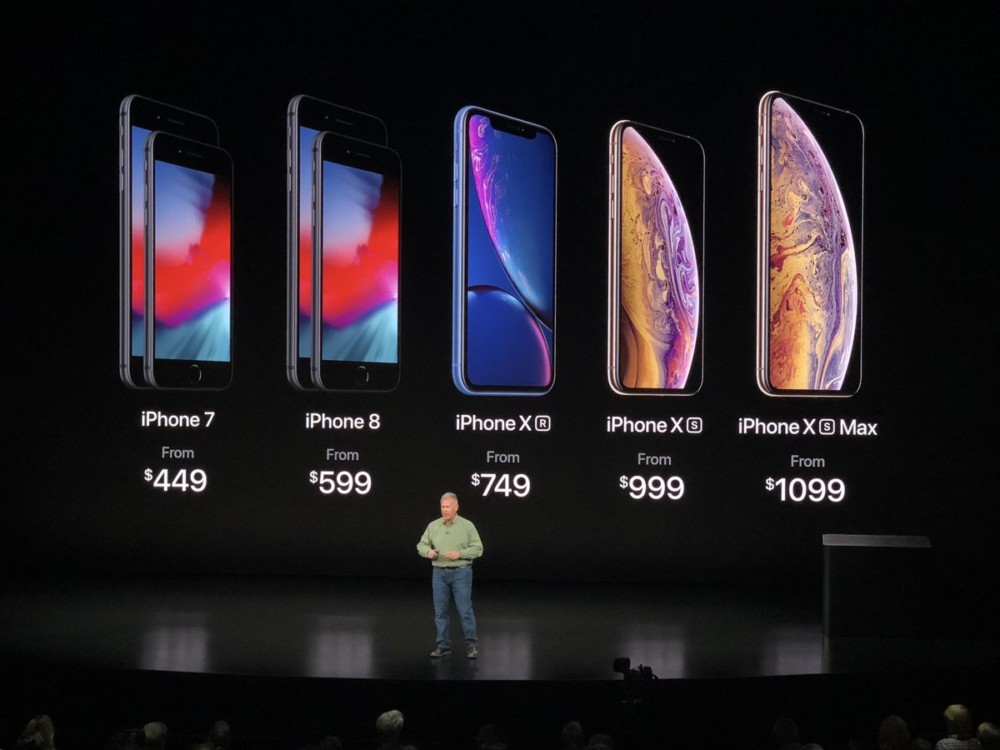
To say the least, the last iPhone XS event was underwhelming. It even got worse when the prices for each of these devices were announced. When Apple decided to sell the iPhone X last year for a thousand dollars, nobody knew they were even planning to go higher this year.
iPhone XS Max, the new 6.5-inch device, will set you back by $1,100. Unfortunately, you’re paying that huge amount of money for a 64GB device that shoots 4k. If you need to bump up the storage to 256GB, you’re paying an extra $150 and the price goes up to $1,250. If you decide to buy the 512GB version, you need to cough out $1,500. No matter how hard I tried, I couldn’t make a single sense out of this.
The argument that they made cheaper alternatives still doesn’t hold water. The iPhone XR is a shiny iPhone with an LCD screen from past years and a resolution even below Full HD. A budget iPhone built to win people over from Android that costs $750 for the 64Gb version… I’m perplexed.
And the equally underwhelming iPhone XS that offers nothing much different from the original overpriced iPhone X?
The better alternatives
Although Apple isn’t the only company now selling phones for a thousand dollars, offerings from competitors like Samsung seem to give more value for the money customers are shelling out. Cheaper devices from companies like OnePlus too look like better alternatives.
I see a lot of iPhone users refusing to upgrade this year. Of course, some are ready to get the seemingly better $1,000 smartphone from Samsung, Apple’s fiercest competitor.
Apple is now a trillion dollar company, but it seems they’re so desperate to become a quadrillion dollar company in no time with these ridiculously priced devices.


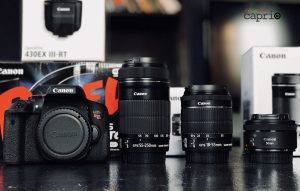
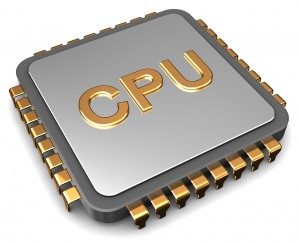
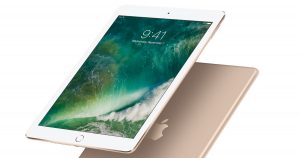

Comments
6 responses to “It Seems Apple is Getting too Greedy”